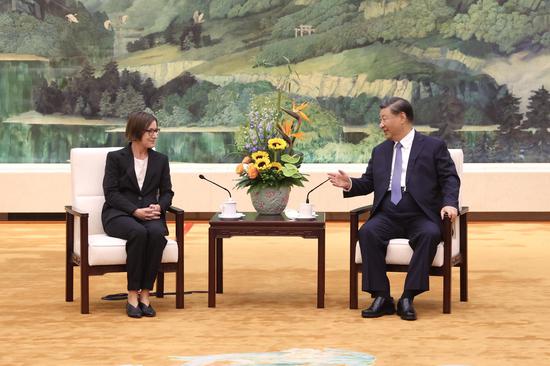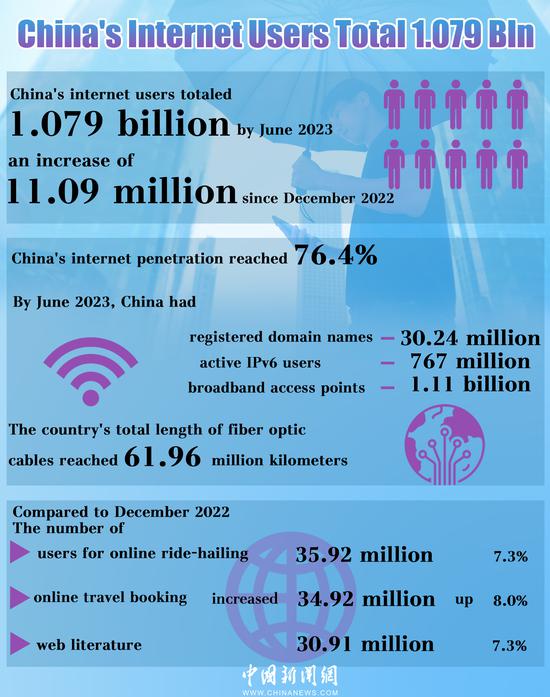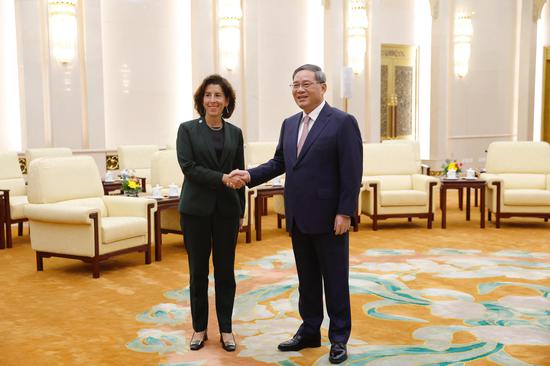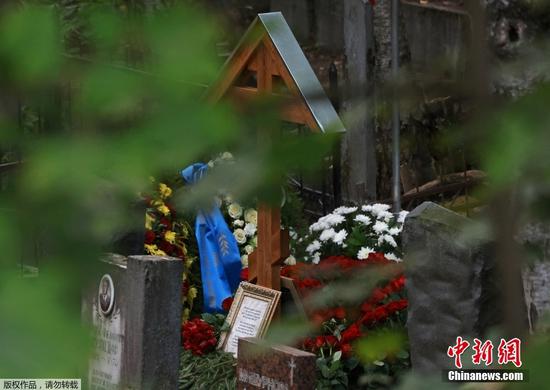
Suspects involved in online fraud are escorted by police from a chartered civil aircraft which landed at Zhengzhou Xinzheng International Airport in Henan province on Monday. (Yang Zekun/China Daily)
A total of 164 suspects involved in online fraud were handed over to Chinese police by Lao law enforcement officials and brought back to China on Monday, said the Ministry of Public Security.
These suspects were engaged in fake investment and finance-related online scams and were detained as a result of collaborative efforts between China and Laos in law enforcement.
They were escorted to China's Henan and Hebei provinces and Chongqing by police via chartered civil aircraft, according to the ministry.
Prior to this, police from Anhui province had already brought back 15 suspects from Laos. In total, the 179 suspects were connected with about 270 cross-border online fraud cases spanning 13 provinces and municipalities in China, the ministry said.
The ministry stated that due to the increasing number of online fraud cases involving fake investments and financial management fraud with significant losses since the beginning of this year, it had organized public security agencies in Hebei, Anhui, Henan, Chongqing and other regions to conduct comprehensive investigations into these cases.
After thorough analysis, the police discovered that a number of fake investment fraud cases involving amounts of more than 1 million yuan ($140,000) were traced to Laos. To resolutely bust the fraud groups, the ministry sent police officers from Hebei, Anhui, Henan and Chongqing to form a working group in July to cooperate with police in Laos.
According to the ministry, fake investment and financial management fraud is one of the most financially damaging types of scams on average per individual case.
In such cases, some fraudsters employ various tactics to lure victims into what they claim to be "investment" group chats.
They often impersonate investment mentors or financial advisers and use tactics like sending fake investment success messages or conducting "live classes" to gain the trust of their victims.
Others target victims through online dating platforms, forming romantic relationships to exploit their targets by promising high financial returns through supposed special resources, said the ministry.
On July 19, Lao police carried out an operation in Savannakhet, resulting in the capture of 15 suspects. Subsequently, with the assistance of the Chinese police working group, Lao police carried out 10 operations in various regions. As a result, they detained 164 suspects, including nine key members of the fraud groups and 23 fugitives, and seized tools used for their activities.
Lou Xiandi, director of the ministry's online fraud information monitoring center, said that the ministry has been continuously intensifying efforts to combat cross-border online fraud and had sent working groups to countries and regions such as Thailand, the Philippines, Cambodia, Laos, Vietnam and Indonesia for law enforcement cooperation.
Moreover, the ministry has also stepped up law enforcement cooperation in border areas, particularly in Yunnan province, leading to the capture of a significant number of online fraud suspects, he said.
Yang Wanfang, head of the ministry's working group sent to Laos, said that the capture of the suspects not only led to the resolution of several major cases and the apprehension of many suspects, but also instilled a sense of deterrence within local fraud groups.
"The fraud groups' hideouts in Laos were scattered and concealed in various locations. While we had a general idea of their locations beforehand, on-site investigations and close collaboration with the Lao police were necessary to pinpoint them precisely. This process consumed a significant amount of our time and effort," he said.
Following the crackdown, many fraud suspects either relocated to different areas within Laos or refrained from engaging in further criminal activities, he said, adding that online fraud has become a globalized trend in terms of its forms and methods, making international cooperation crucial in combating it.


















































 京公网安备 11010202009201号
京公网安备 11010202009201号